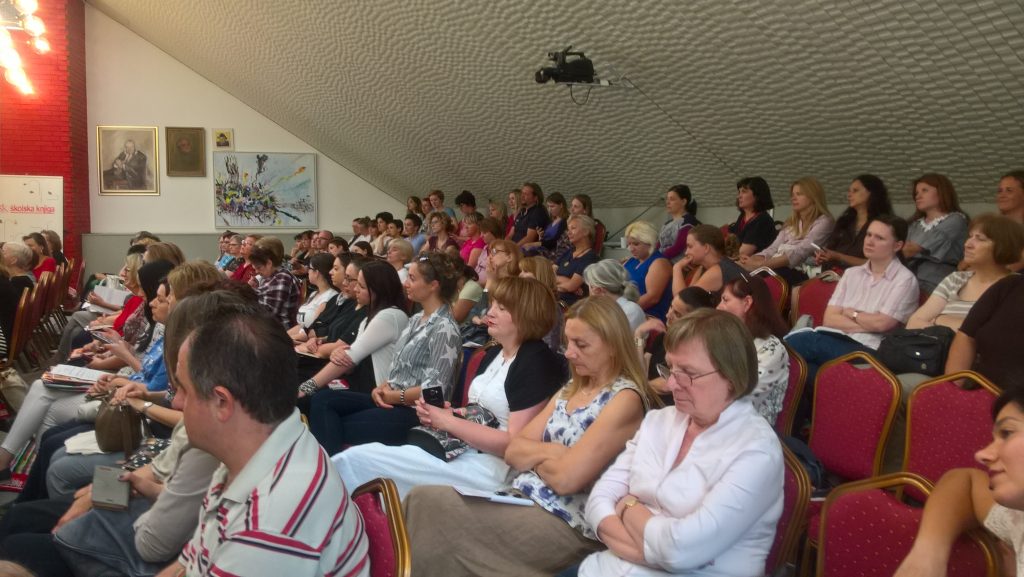Human and minority rights and gender equality
Radio show “k’O ŽENA“
On the occasion of holding the Think Tank of the Korčula school, at the end of August we hosted two great women – Nataša Milojević and Tamara Tripić, with whom we discussed the political, economic, social and cultural aspects of gender equality, as well as female leadership in the broader context of social democratic and progressive politics! You can listen to the show on our Mixcloud channel!
A woman’s view of Kabul
Author: Zorica Mršević, 8/29/2021
There are three basic, currently present stereotypes regarding the current position of Afghan women: that it is none of our business, that Afghan women do not concern us because they live in a culture different from ours; that the collapse in Afghanistan was caused by the imposition of other people’s democratic values and women’s rights and that nothing more can be done now.
The head does not hurt from the excess of democracy and women’s rights
Instead of stereotypically repeating that the main cause of the failure of the international community’s efforts in Afghanistan is the supposedly impossible mission of imposing democratic models, with a special emphasis on the emancipation of women, an environment that was alien to all of that, it would be better to consider the real causes, military and political. When America announced its withdrawal and cut off air support, intelligence and maintenance of Afghan planes and helicopters – the Afghan army, left with its hands tied, became ineffective and demoralized, and offered little resistance. Provincial leaders and senior commanders increasingly made deals at the local level to surrender without a fight, as they ran out of food, water and weapons. They realized that it was no longer worth fighting – especially when the Taliban offered them safe passage home. Elite commando units were the only exception, but there were too few of them and they lacked planes. The “corrosive effects of corruption” were appearing everywhere within the government forces; for example. commanders in distant regions took for themselves the wages of thousands of ghost soldiers who existed only on paper. The US military had little or no insight into the true numbers, let alone the real capabilities of the Afghan government’s defense forces to operate independently of the US, despite having spent more than $88 billion on Afghanistan’s security by March of this year. On the political side, Afghan officials did not believe that the Americans would really leave, while the Taliban used the peace talks to deceive Kabul: for example, they suggested to the public that they would not touch the big cities while the peace talks were going on. To all that, one should add the confusion of the Biden administration and the making of hasty decisions. In short, the excess of democracy and women’s rights, which can never and anywhere be superfluous, was not a problem at all. The cause of the collapse should be sought in a bad, sloppy, inefficiently led and administered civil and military policy and organization. So, in Afghanistan, there was not even a fight about democratic values and women’s human rights, but a completely naked and clear fight for power and the conquest of power in which the winners, who were better organized militarily and politically, secondarily brought their values with them. There is still a glimmer of hope – the UN peacekeeping operation There is a widespread belief that nothing more can be done after the Taliban takeover of Kabul, which has led to humanitarian chaos and a very certain, threatening deterioration in the position of women. Previously, the opportunity for any peacekeeping operation that would be an alternative to a prolonged US occupation and a mechanism for pulling the US out of Afghanistan without leaving civilians in the lurch has long been missed. Afghan women’s desperate pleas for support led to an urgent appeal by women’s rights NGOs in the United States to the UN peacekeeping operation in Afghanistan. There is no doubt that such an operation, if implemented as soon as possible, would benefit Afghan civilians, especially women.
Forum for the development of women’s entrepreneurship
Statement

The Forum for the Development of Women’s Entrepreneurship advocates the following ten principles of the European Small Business Act as a basis for the creation and implementation of entrepreneurship support policy: 1. Creating an environment that helps entrepreneurship and family businesses develop and be rewarded for their work; 2. Enabling entrepreneurs who survived bankruptcy to recover and quickly get the right to a second chance; 3. Establishing rules in accordance with the principle “think small first”; 4. Coordination of administration services with the needs of small and medium enterprises (SMEs); 5. Opening access to public administration funds in accordance with the needs of SMEs – enabling participation of SMEs in public affairs and better use of state support for SMEs; 6. Provide access to finance for SMEs and develop a legal framework and business environment that supports timely payment in commercial transactions; 7. Help SMEs to benefit more from the principles of the European Union (EU) single market; 8. Promote business improvement of SMEs and all forms of innovation; 9. Enable SMEs to turn environmental challenges/problems into business opportunities; 10. Support SMEs so that they can follow and benefit from market growth in the region (CEFTA 2006) and in the EU.


